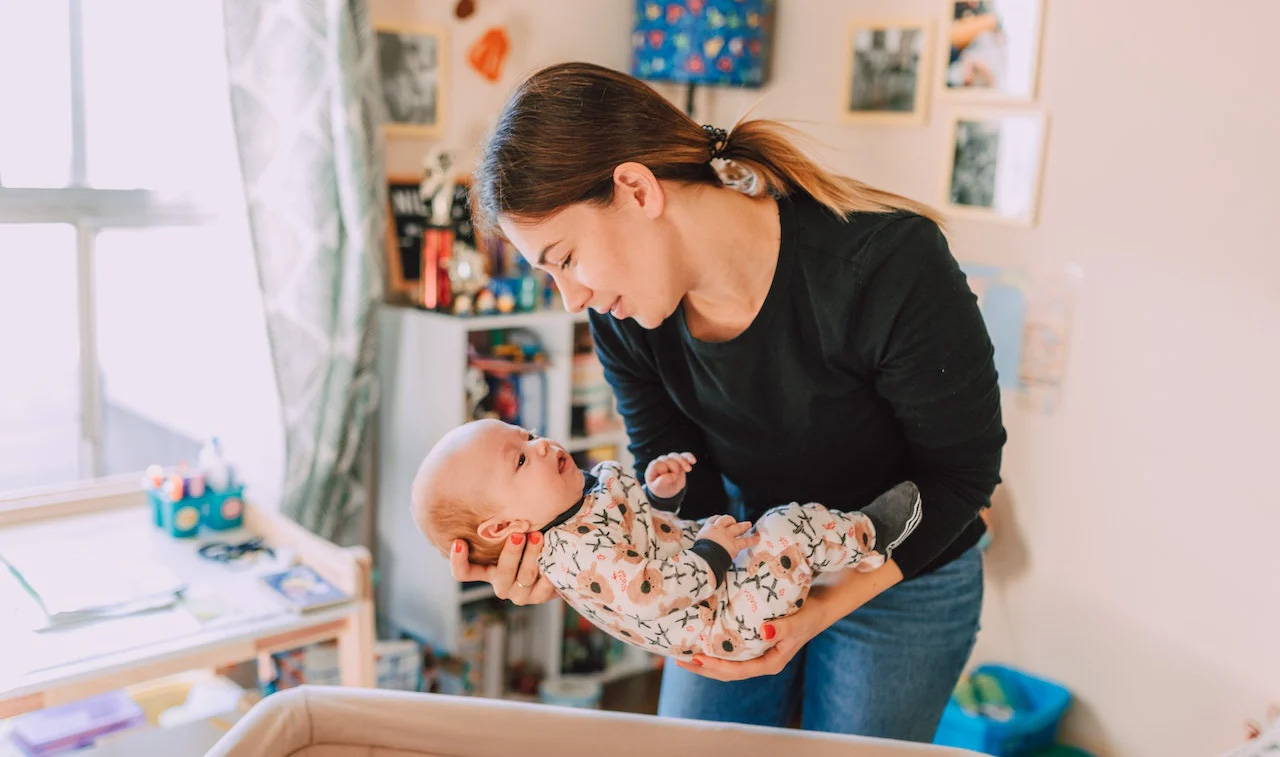
Tips to Restore your Energy and Strength After Birth
| Pregnancy |
Right now, your new baby is the center of the universe. We feel you! But new mothers must take special care of their bodies after giving birth and while breastfeeding. This will help you restore your energy and strength, which will in turn help you take better care of your baby.
EXPECT THE PHYSICAL CHANGES
You will have a vaginal discharge called lochia. It is the tissue and blood that lined your uterus during pregnancy. It is heavy and bright red at first, then will soon become lighter in flow and color until it goes away after a few weeks.
Your legs and feet might get swollen. You can reduce this by placing your legs in an elevated position when you are resting or sleeping
You can feel constipated. Drink lots of water, and eat a lot of fresh fruits and vegetables that’s helpful for constipation.
You might experience menstrual-like cramps, especially if you are breastfeeding. You will start to produce breast milk within three to six days after you give birth. Even if you are not breastfeeding, you might have breast milk leaking from your nipples, and your breasts could feel fuller, more tender or uncomfortable.
Follow your doctor’s instructions on the level of activity you can do for the next few weeks, such as climbing stairs or walking.
GET SOME REST!
During the first few days at home after you come back from the hospital, you should focus on rest and recovery, both physically and emotionally. Even though you may get a lot of requests for visits from friends and relatives, try to limit visitors and get as much rest as possible. Don’t try to go back to your chores too soon, like cleaning, laundry or meals, but focus on getting to know your new baby. When the baby naps, you should try to take a nap too.
DON’T STRESS ABOUT GETTING BACK IN SHAPE
Let’s face it. Journey through pregnancy and labor will affect your body, and a lot. After birth, you will immediately lose about 10 pounds or more, as body fluid level drops. Don’t try to lose additional pregnancy weight right away, as gradual weight loss over several months is the safest for your body. Especially if you are breastfeeding, you will be able to safely lose a moderate amount of weight without affecting your milk supply.
In order to return to a healthy weight, a healthy eating plan and regular fitness is important. If you feel you are losing weight too slowly, try cutting back on high-sugar foods, such as soft drinks, desserts and alcohol. Keep in mind that breastfeeding Moms should avoid alcohol, as it will affect your breast milk.
YOU MAY FEEL DEPRESSED
You will have heard of the term “baby blues”- many new mothers feel a bit sad, weepy or overwhelmed after giving birth. It’s very natural! But if you feel the depressions is getting serious, you might be experiencing the postpartum depression.
Here are some of the signs of postpartum depression:
You feel irritated
You feel sad, and actually cry a lot
You have no energy
You have headaches, chest pains, your heart beats fast, or hyperventilation (fast and shallow breathing)
You can’t sleep well, and feel very tired
You can’t each much, and lost weight a lot
You eat too much, and gain weight
You have trouble focusing, remembering, or making decisions
You are overly worried about the baby
You don’t have any interest in the baby
You feel guilty and worthless
You have no interest in, or get no pleasure from social activities or sex
You have thoughts of harming yourself or baby
Some women will not tell anyone of these symptoms, because they feel embarrassed and guilty. Please don’t let this happen to you! Postpartum depression can discourage you to take care of your baby, and this will significantly affect baby’s growth. New moms with postpartum depression can actually delay the baby’s ability to learn how to talk, and cause problems in emotional bonding. Don’t be embarrassed to consult postpartum depression with your doctor, as the doctor can actually help you treat it with therapy and medicine.
Postpartum depressions is no longer limited to new moms. New research shows that 1 in 10 new Dads also experience depression during and after pregnancy. Of course, Dad’s depression will also affect the new baby and should be treated by the doctor.



